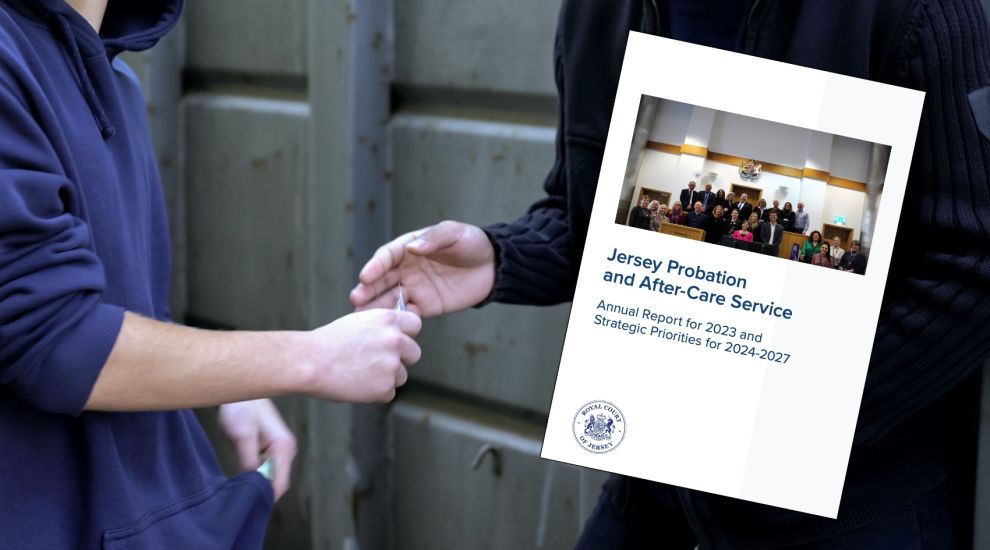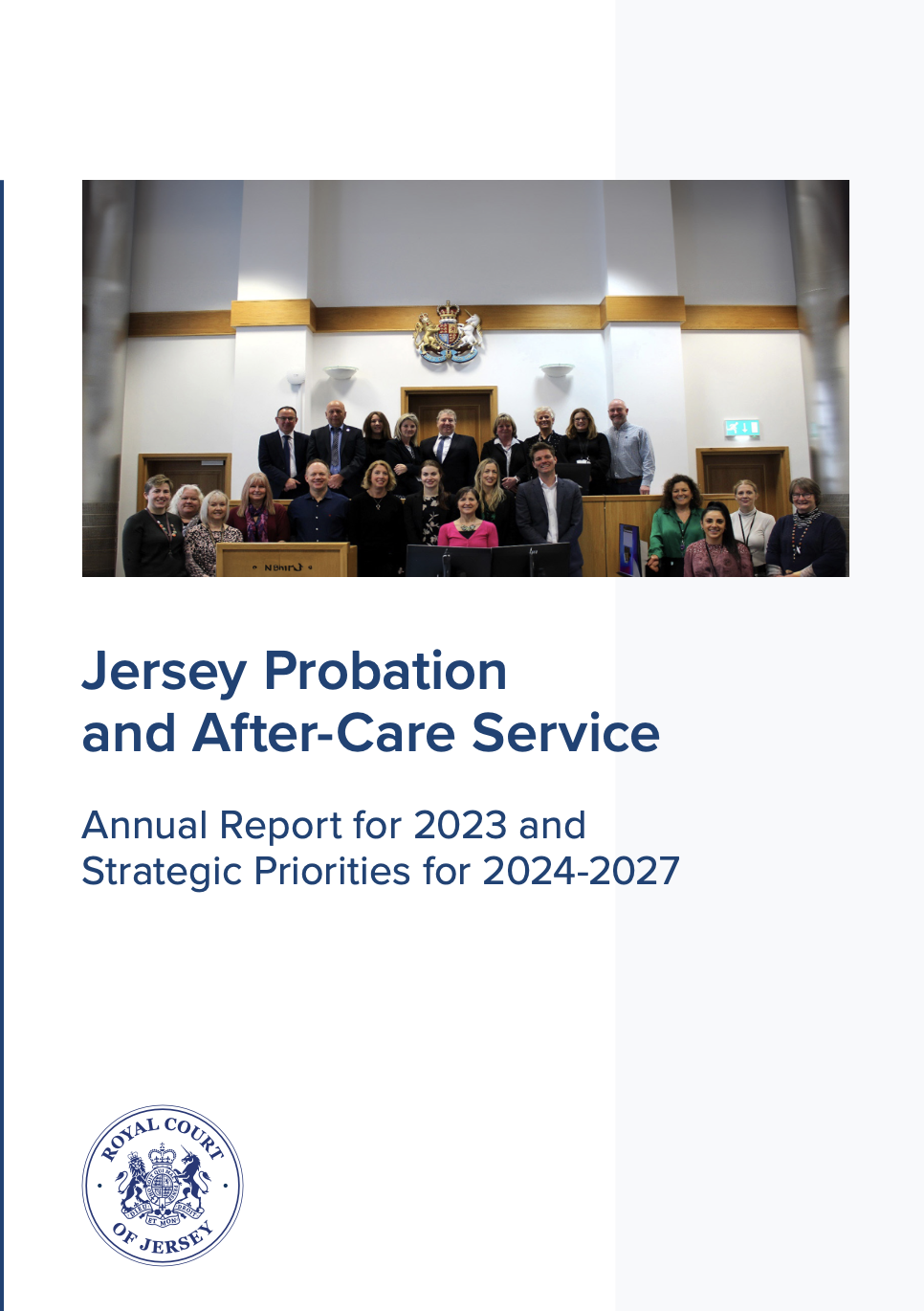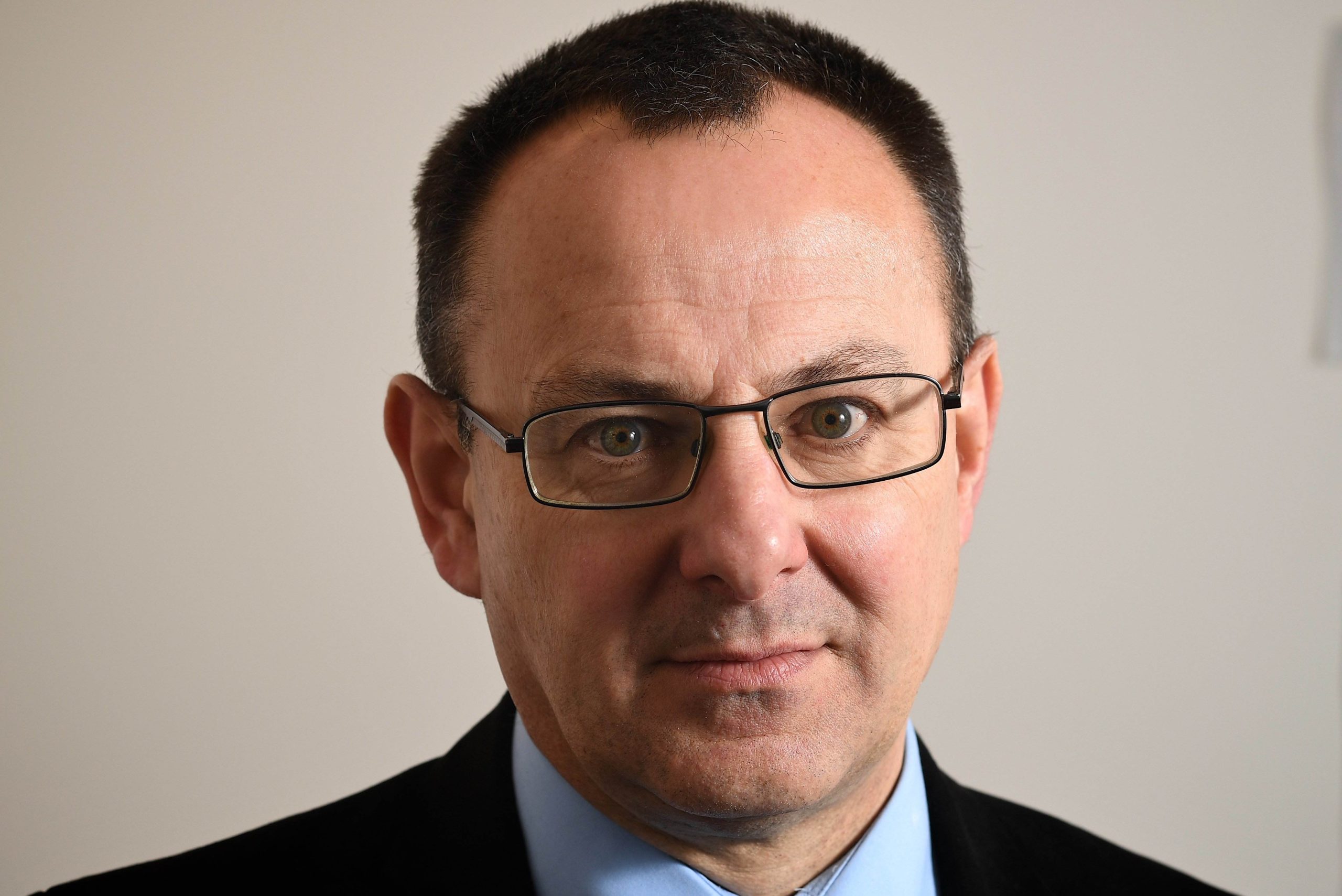


Some children are experimenting with drugs and getting into debt – leaving them at risk of exploitation by criminals, the Probation Service has warned.
The Jersey Probation and After-Care Service annual report for 2023 identified emerging issues around young people and drugs – a situation described as "a significant safeguarding risk".
The report said: "We have become aware of a small number of children, who are experimenting with drugs and getting into difficulties with debts to those who supply them.
"On occasion, this has led to them being exploited by adults to become embroiled in illegal activity through selling drugs to others or agreeing to hold quantities of drugs for older suppliers."

Pictured: The report raised concerns about some children being criminally exploited related to drugs.
The report came just weeks after the Youth Court heard a case where a teenage boy who used cannabis for his ADHD was "groomed" by young adults into selling drugs to pay for his habit.
Chief Probation Officer Mike Cutland, however, stressed that only a small minority of children become involved in such activities in Jersey.
He spoke to Express about the importance of providing positive support and resources to help these children heal and recover, while also addressing systemic issues that lead to exploitation and abuse in the first place.

Pictured: Chief probation officer Mike Cutland. (Dave Ferguson)
He said: "We have become aware of a number of children who have been using drugs, who have got into difficulties financially.
"It usually starts with them using and then being offered more drugs, some of which they can pass on to others."
Mr Cutland explained how this can lead to a "double bind" situation where children end up dealing or storing drugs for older criminals to pay off debts.
He said: "They're in trouble with the police because they've been acting illegally, and then they owe this money as well...and they may face threats or pressures from those they owe money to."
"It's a real problem for those children who get caught up in it. And it worries the living daylights out of their mums and dads and wider family."
Mr Cutland explained that the Probation Service aims to work with partner agencies to provide advice and support to children and families caught in this cycle.
To address this issue, the Chief Probation Officer said that it was important to work with police, social services, education, and youth services to educate children about exploitation.
He also called for patience, clear communication and a coordinated response to support those affected and prevent exploitation.
"One of the first things we try to do is talk to young people about what exploitation means, because it can be a difficult concept," explained Mr Cutland.
"Some don't recognise they're being taken advantage of."

Pictured: "It's perhaps a little easier these days because of the virtual world, social media, burner phones – it's easier to hide things from mum and dad."
He said that factors like childhood brain development, the lure of peer pressure, family difficulties, and the rise of technology can make young people particularly vulnerable to such risks.
He added: "It's perhaps a little easier these days because of the virtual world, social media, burner phones – it's easier to hide things from mum and dad."
Mr Cutland explained that the Probation Service aims to take a non-judgemental approach that recognises the strengths of young people.
This approach, he explained, is focused on mentorship and skills development through initiatives like Positive Steps that engage young people with community groups.
"Our job is to look at people's qualities, not ignore risks, but build on their strengths," he said.
Earlier this month, a teenager – who cannot be named due to his age – was caught with hundreds of pounds worth of cannabis, amphetamines and ketamine and sentenced to 120 hours of community service.
Advocate Allana Binnie, defending, explained that he had already been in contact with drug dealers because he had been using cannabis to self-medicate his ADHD diagnosis.

Pictured: The Youth Court heard that opportunities to deal drugs were "common knowledge amongst the youth", with news spreading through platforms like Snapchat.
Once he had started selling drugs, there had been an expectation and pressure to remain involved, and to pay for his own cannabis use by selling the drugs.
"He generally did think that the people he was interacting with were his friends and although they were technically adults, they were young adults or older youths," she said.
"[The teenager] didn't see them as being significantly older than him.
"The fact of the matter is, he was groomed, he was taken advantage of and his ADHD made it easier for him to be exploited."
Advocate Binnie explained that the teen had already been in contact with drug dealers because he had been using cannabis.
"He then became aware, as all of his friends, that young people were given the opportunity to make money by selling drugs," she said.
Statistics released in March also revealed the pressure youth crime is placing on policing resources.
The Police Annual Report 2022 revealed a group of just 10 prolific young offenders accounted for 35% of all juvenile crimes that year.
This group of 10 individuals were involved in 1,600 incidents, received 80 arrests, were suspects in 136 crimes, got 74 warnings, appeared in court 69 times and were linked to 86 crimes.
Their activities had a collective impact on police resources equivalent to 33 officers.
Comments
Comments on this story express the views of the commentator only, not Bailiwick Publishing. We are unable to guarantee the accuracy of any of those comments.